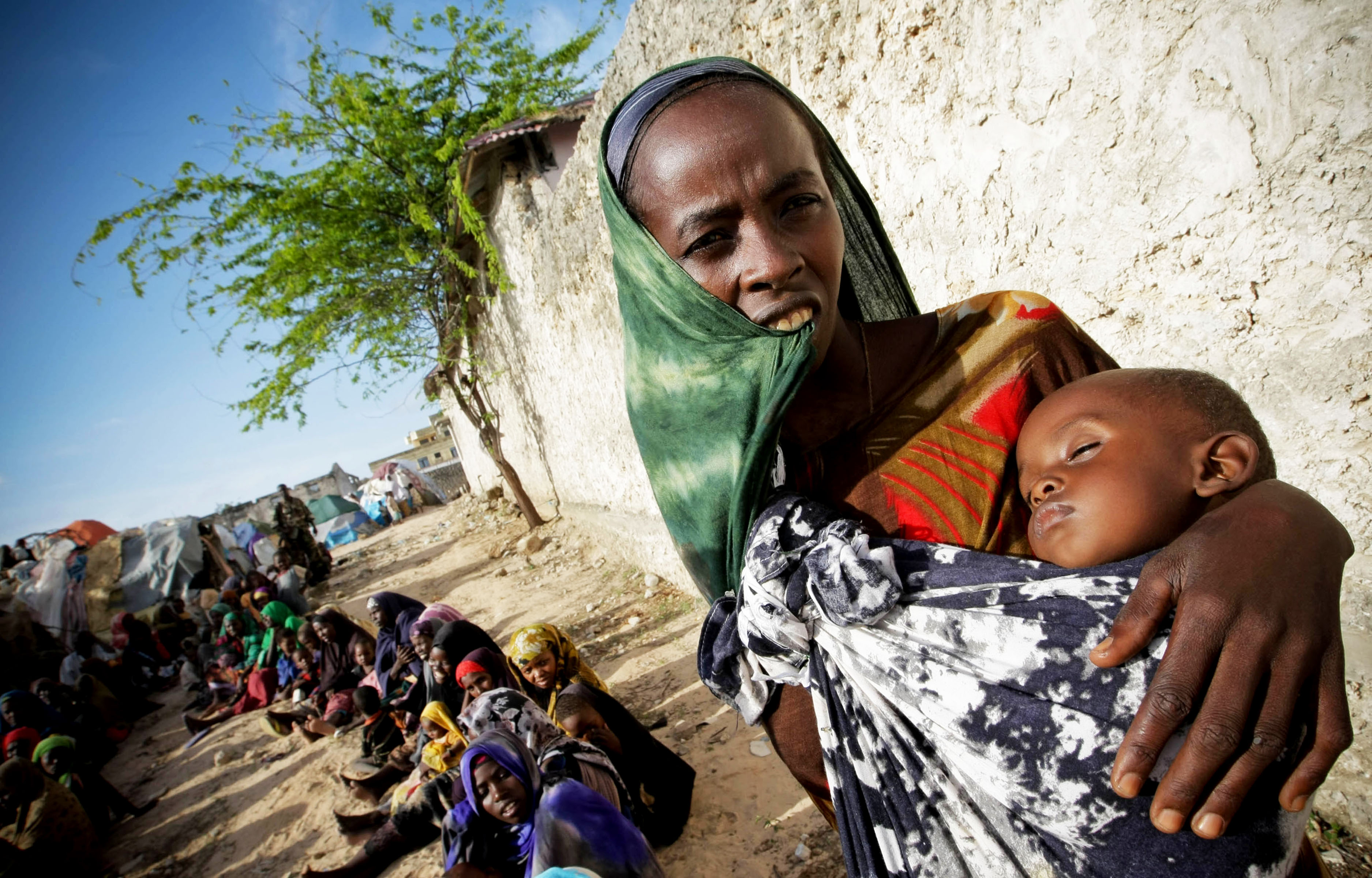Forced evictions and their social and health impacts in Southern Somalia: a qualitative study in Mogadishu Internally Displaced Persons (IDP) camps

Forced evictions are common in conflict-affected settings. More than 500 internally displaced persons (IDPs) are evicted daily in Mogadishu. This qualitative study explored the causes of forced evictions and their health impacts among IDPs in southern Somalia.
The authors attribute causes of eviction to informal tenancy agreements that do not protect the rights of IDPs. The effect of eviction on an already marginalised population was wide ranging, increasing their exposure to violence, loss of assets, sexual assault, disruption of livelihoods, loss of social networks and family separation. Evicted IDPs reported health issues such as diarrhoea, malaria, pneumonia, measles and skin infections, as well as stress, anxiety, psychological distress and trauma.
Prioritising implementation of legal protection for IDP tenure rights is necessary to prevent unlawful evictions of IDPs. Humanitarian agencies should aim to respond more effectively to protect evictees and provide support to prevent poor health outcomes. Further quantitative research is needed to further examine the relationship between forced evictions and health outcomes.